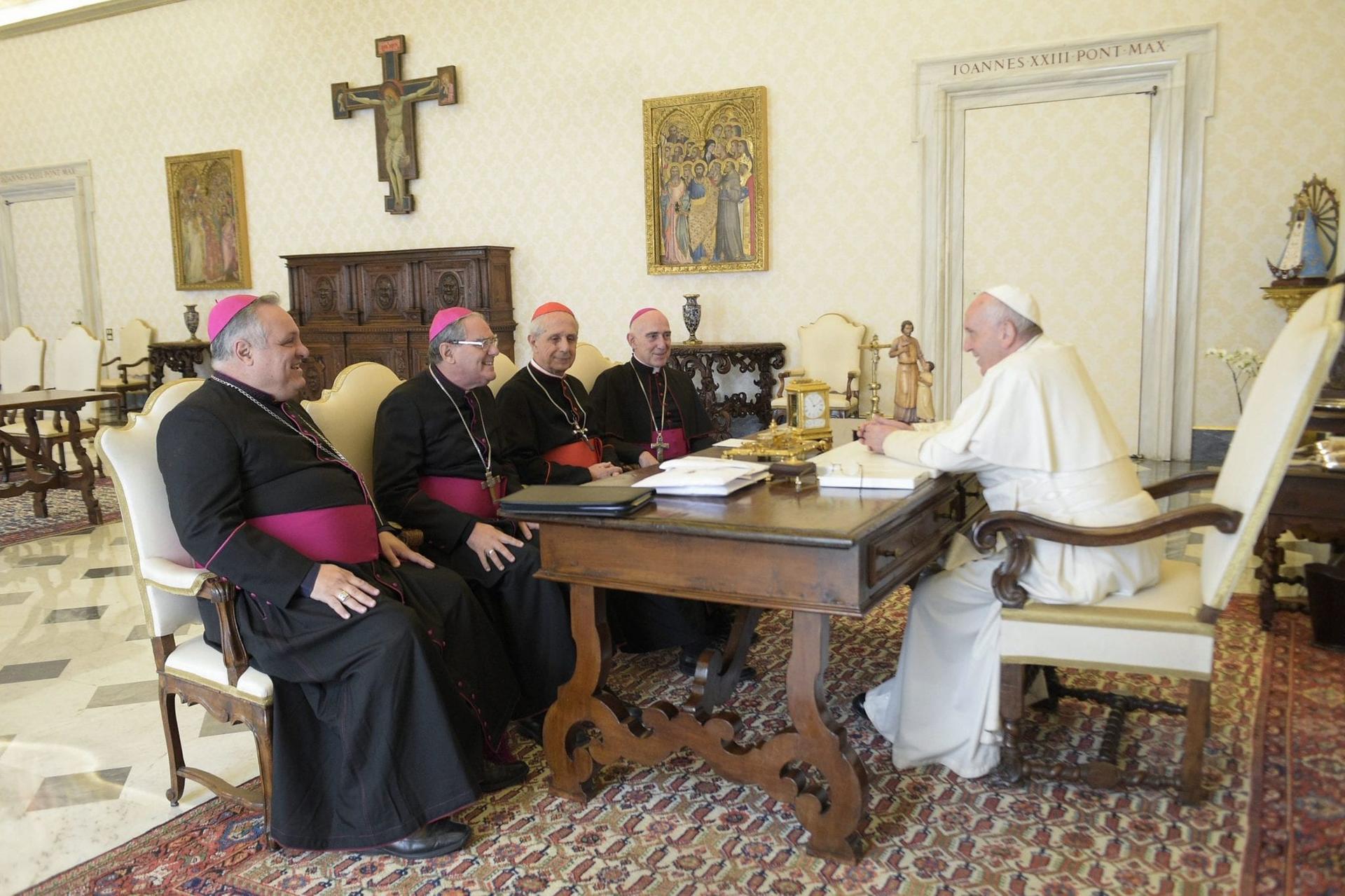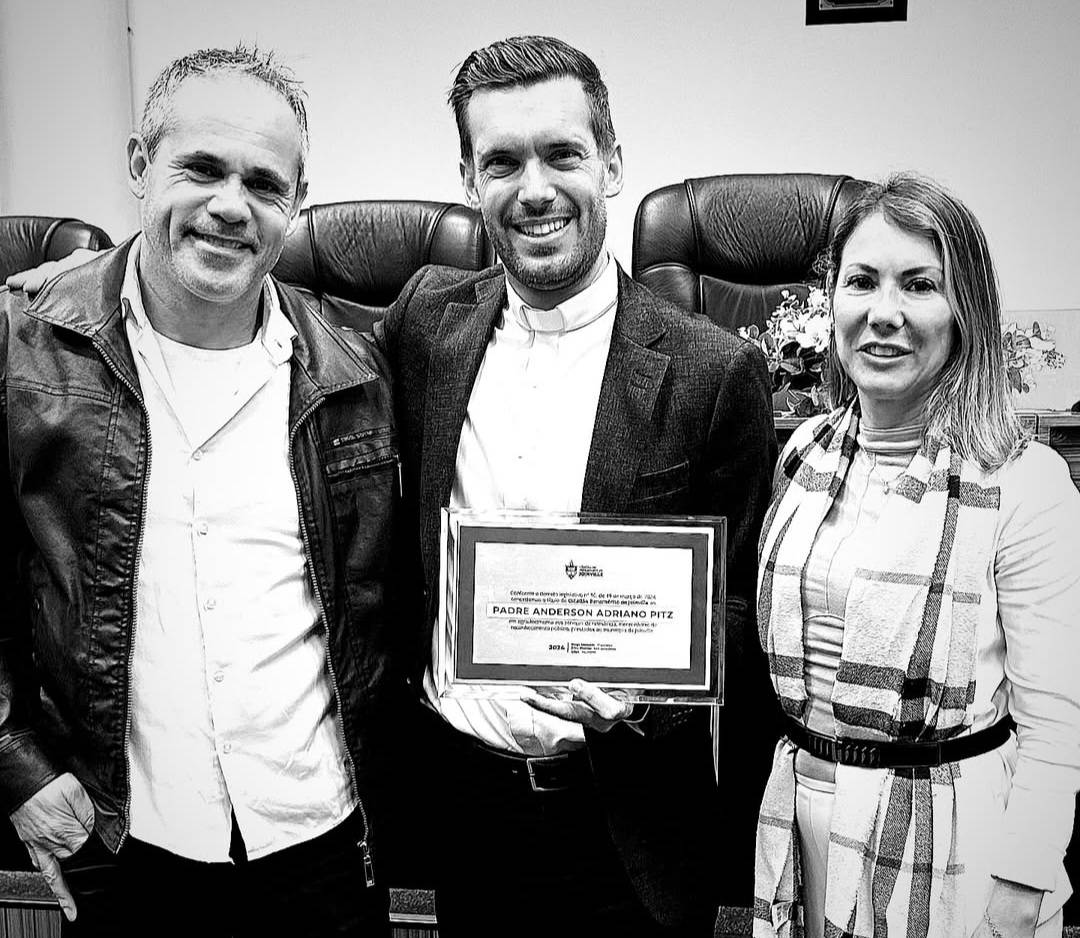SANTIAGO, Chile – Argentina’s bishops have offered tentative backing to the country’s president in securing a national consensus on politically sensitive issues, in a move that could be construed as giving a boost to a conservative incumbent facing a stiff challenge from a former leftist president with an ambivalent history with both the current pope and the local church he once led.
Argentine president Mauricio Macri has called for a great national agreement to secure the country’s stability, and the country’s bishops recently sent a letter to Macri agreeing to join him in trying to set an agenda “sensitive to the national reality.”
Macri’s government is trying to garner a commitment from opposition leaders to uphold some of the key measures of his first three years as president, in the wake of ex-president Cristina Fernandez de Kirchner deciding to once again run for the presidency.
Fernandez ruled Pope Francis country from 2007 to 2013, succeeding her husband, Nestor Kirchner, who died during her first presidency, and is expected to run again this October.
The 10-point agreement proposed by Macri includes things such as “respect of the law,” promoting foreign investment and upholding commitments with entities that have loaned Argentina money, such as the International Monetary Fund. The declaration also speaks about reducing inflation levels and promoting growth in exports.
The Argentine bishops said that for the proposal to be “fruitful,” it should include different political and social actors, “attentively listening to the priorities of each one,” and looking for a “consensual” agenda that represents priorities expressed during dialogue efforts, being the “result of an encounter and not previous to it.”
The letter was signed by the executive commission of Argentina’s bishops’ conference, including its president, the bishop of San Isidro Oscar Ojea, and the vice president Cardinal Mario Poli, handpicked by Francis to replace him as archbishop of Buenos Aires. Both are in Rome this week, as part of the second group of Argentine bishops doing their traditional pilgrimage to the Eternal City known as the ad limina visit.
RELATED: Pope tells Argentina bishops he wants to make a homecoming soon
“We consider it very important to promote an environment of dialogue to look for consensus around an agenda that is open and sensible to the national reality, the lives of the poorest and the project of a country we dream with and want,” the bishops wrote.
The Catholic Church in Argentina has had an ambivalent relationship with Macri, much as it had with Fernandez, always critical of the economic situation, the unemployment rates and the seemingly constant growth of the population living under the poverty line.
In addition, Macri last year chose to allow for Congress to debate a bill to legalize abortion, a move that was criticized by many among his core voters, a majority of whom are middle-class and either Catholic or Protestant who voted for him on the premise that he’d promise to protect life from conception.
Yet, as the letter released on Wednesday notes, the Catholic Church also has a history of active participation in these type of convocations by political leaders.
One such example was in 2001, when led by then-Cardinal Jorge Mario Bergoglio, today Francis, the Argentine bishops promoted the Mesa de Dialogo Nacional (“Table of National Dialogue”) called by former President Fernando de la Rua.
That effort, however, was insufficient to stop a social revolt that ended with the president’s resignation and with a crisis of governability that led Argentina to have five presidents sworn in in a span of 11 days.
This experience, the bishops write, “confirms our contribution from our role of shepherds of the national life.”
The bishops also write that the “solidarity and the importance of the intervention of the State in relation to the dignity of every Argentinian shouldn’t be absent, because they constitute the human and institutional frame that guarantee a lasting agreement.”
As they noted, the government’s call for a consensual agenda coincided with the bishops’ ad limina visit to Rome to meet with the pope and various Vatican offices. Though it’s supposed to take place every five years, this is the first time the Argentine bishops as a group have gone to Rome since 2009.
“This convocation finds us in Rome,” the bishops wrote to Macri. “However, the good of the Nation and in particular our thoughts for those who are suffering the most, commits us to a prayer and a service that strengthens the unity of Argentines.”
The letter by the bishops came on the same day a criminal lawyer who serves as advisor to the national senate presented a law that would modify the agreement between the Argentine church and the Vatican.
Juan Pablo Gallego presented the proposed modifications to the Papal concordat to claiming that the agreement is being used in criminal and civil cases against abuser priests in Argentina, deployed by church officials to prevent justice for victims of abuse.
Gallego led the legal team in the prosecution of Father Julio Grassi, found guilty by Argentina’s courts of sexually abusing minors, and who’s currently serving his sentence in prison but whom the Vatican has not removed from the clerical state.
Gallego led the legal team in the prosecution of Grassi for sexual abuse of minors.















